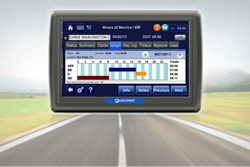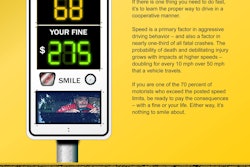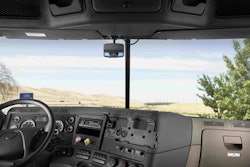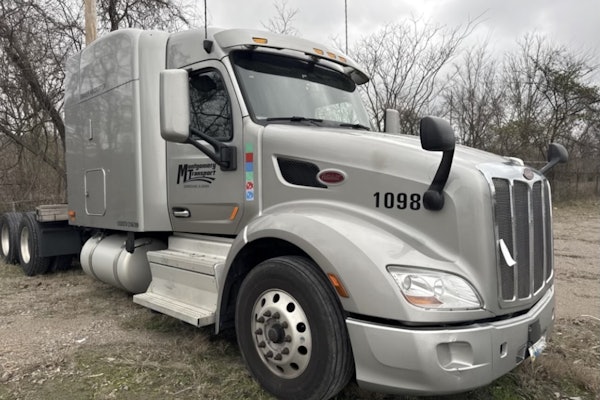
Stay Metrics provides an online rewards, recognition and driver engagement platform used by motor carriers to retain more drivers. Its full suite of services includes interviews with drivers at the 7 and 45-day periods, exit interviews, driver satisfaction surveys, and custom research to gather feedback as a neutral third party.
The research project with the University of Notre Dame began two years ago. Seven carrier clients of Stay Metrics and 450 drivers from their companies provided data for the study.
Drivers completed an in-depth, online survey developed by professors Timothy Judge and Mike Crant from the Mendoza College of Business, University of Notre Dame, which was used to assess their personality traits. Carriers provided safety scores and turnover data on the drivers throughout the course of the study.
Professors Judge and Crant are leading researchers in the field of organizational behavior. Their full study is currently in the peer review process and is expected to be published in academic journals within 12 to 18 months. Meanwhile, Dr. Judge, who is Stay Metrics’ Director of Research, has used the results from the study to create two predictive models that link key personality traits of drivers to turnover and safety, respectively.
Each model uses a predictive index based on four personality traits that strongly correlate with turnover and safety. As an example, orderliness is one predictor of driver turnover, and anger is one for driver safety, said Tim Hindes, Chief Executive Officer of Stay Metrics.
“Drivers with an orderly trait are structured. They take notes, make lists, and keep their paperwork in order,” Hindes said. “Anger is a personality trait one might expect of unsafe drivers, and when combined with the other traits in the models, a more holistic view emerges.”
Stay Metrics plans to develop a selection tool for carriers to screen job applicants. Field testing of the predictive models will begin in December with four carriers whose drivers will take a personality test during orientation meetings. Subsequently, their turnover and safety performance will be monitored for the next six months.
At the conclusion of field testing, the results will be used to determine the direction of the new selection tool. The earliest this new product could be available is July, 2016, Hindes said.











